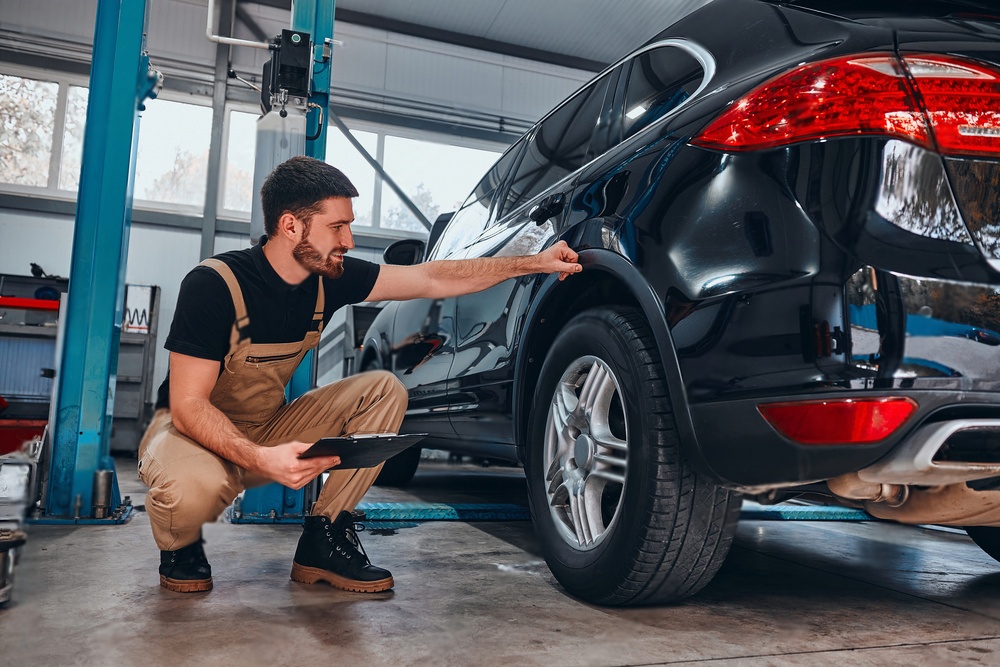Buying a car from a private seller can be a great way to get a good deal on a used car. However, it’s important to take the necessary precautions to ensure that you’re making a wise investment. In this guide, we’ll take a closer look at some tips for buying a car from a private seller.
1. Research the Car
Before meeting with the seller, do your research on the car you’re interested in buying. Check the car’s make, model, year, and mileage online to get an idea of its market value and potential issues.
2. Inspect the Car
When inspecting the car, look for signs of wear and tear, such as dents, scratches, and rust. Check the tires, brakes, and suspension, and test drive the car to see how it handles.
3. Ask for Maintenance Records
Ask the seller for maintenance records, including oil changes, tune-ups, and repairs. This can give you an idea of how well the car has been maintained and any potential issues to look out for.
4. Check the Car’s Title
Check the car’s title to ensure that it is in the seller’s name and that there are no liens or other issues. Be wary of sellers who are reluctant to provide the title or who have a title that is not in their name.
5. Get a Vehicle History Report
Get a vehicle history report from a reputable provider, such as Carfax or AutoCheck. This can give you valuable information about the car’s history, including accidents, damage, and ownership.
6. Negotiate the Price
When negotiating the price, be respectful but firm. Use your research to determine a fair price for the car and be prepared to walk away if the seller is not willing to negotiate.
7. Arrange Payment
Arrange payment with the seller, either through cash or a certified check. Be sure to get a signed bill of sale and a receipt for the payment.
8. Transfer Ownership
Transfer ownership of the car by completing the necessary paperwork and registering the car in your name with the DMV.
7 Benefits of Buying a Car from a Private Seller
Lower Prices:
One of the most significant benefits of buying a car from a private seller is the potential for lower prices. Private sellers typically don’t have the overhead costs associated with running a dealership, which means they can afford to sell their cars at a lower price.
More Flexibility:
Private sellers are often more flexible when it comes to negotiating the price and terms of the sale. They may be more willing to accommodate your needs and preferences than a dealership, which has more rigid policies and procedures.
No Pressure:
Unlike at a dealership, there’s no pressure from a salesperson to make a purchase when buying from a private seller. You can take your time to inspect the car, ask questions, and make an informed decision without feeling rushed or pressured.
More Personal Interaction:
When buying a car from a private seller, you have the opportunity to interact with the seller directly. This can provide you with valuable insights into the car’s history, maintenance, and overall condition.
Less Red Tape:
The process of buying a car from a private seller is often less bureaucratic and more straightforward than buying from a dealership. There are typically fewer forms to fill out, and the process is generally faster and less complicated.
No Dealer Fees:
When you buy a car from a dealership, you’re often charged additional fees, such as documentation fees, dealer preparation fees, and advertising fees. When buying from a private seller, there are typically no additional fees beyond the agreed-upon price of the car.
No Sales Tax:
Depending on the state where you live, you may be able to save money on sales tax when buying a car from a private seller. Some states don’t require sales tax to be paid on private party sales, which can result in significant savings.
Buying a car from a private seller can offer several benefits, including lower prices, more flexibility, no pressure, personal interaction, less red tape, no dealer fees, and potentially no sales tax. However, it’s essential to take the necessary precautions to ensure that you’re making a wise investment and getting a reliable car.
Buying a car from a private seller can be a great way to get a good deal on a used car. However, it’s important to take the necessary precautions to ensure that you’re making a wise investment. By following these tips, you can avoid common pitfalls and make a smart purchase. Remember to research the car, inspect it thoroughly, ask for maintenance records, check the title and get a vehicle history report, negotiate the price, arrange payment, and transfer ownership.



